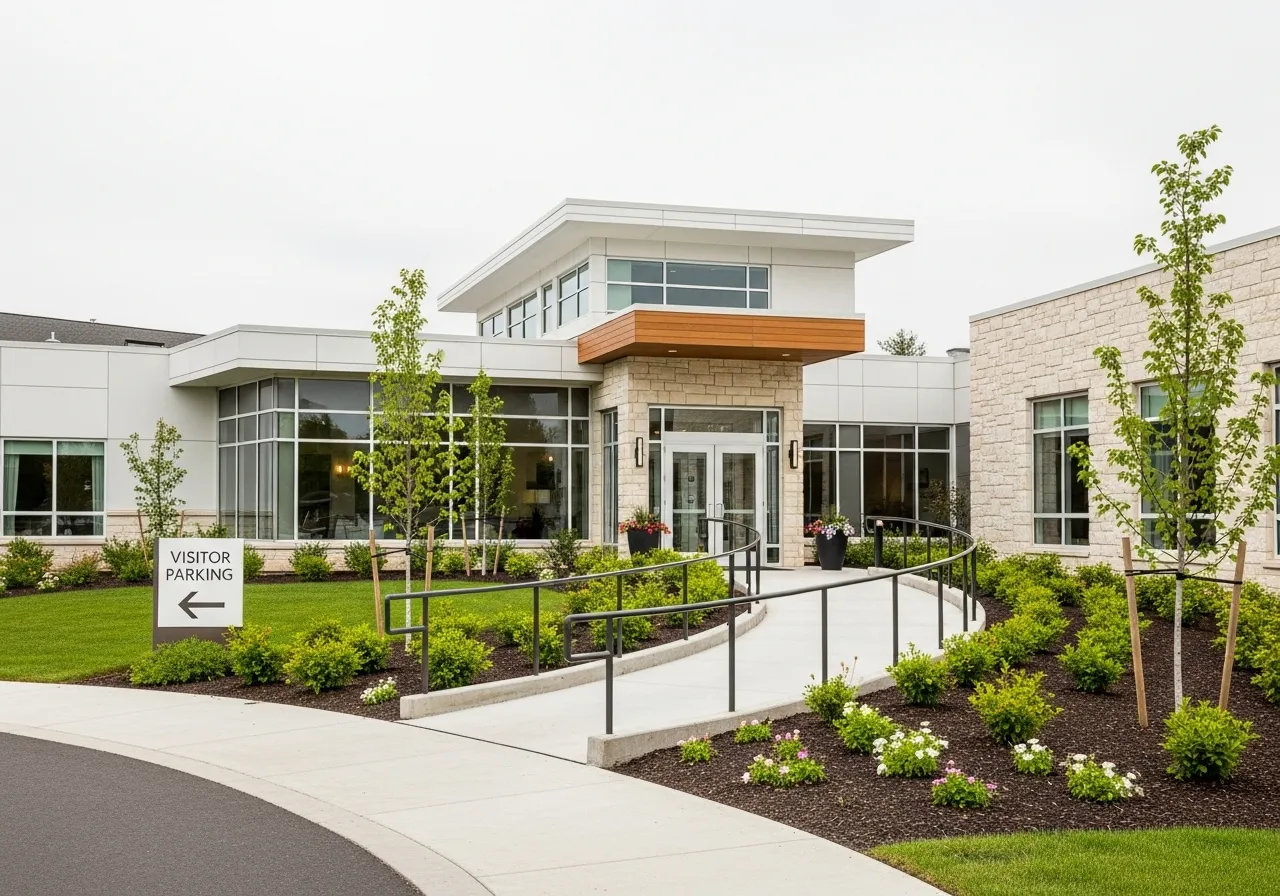
Long-Term Implications for Your Financial Plan
Securing SSI is more than just getting a monthly check. It is a strategic move that has profound long-term implications for your entire financial and healthcare plan. The single most important consequence is its connection to another critical program: Medicaid.
In most states, if you are approved for SSI, you are automatically eligible for Medicaid. This is not a small detail; it is a game-changer. While Medicare covers hospital stays and doctor visits, it has significant gaps, particularly in long-term care. Medicare does not pay for custodial nursing home care, which can cost tens of thousands of dollars per year.
Medicaid, however, does cover long-term nursing home care. It also often covers services and costs that Medicare doesn’t, such as prescription drug copays, dental care, and vision services, depending on your state’s plan. For a senior with limited resources, having Medicaid as a backstop against a catastrophic health event or the need for long-term care provides a level of financial security that is impossible to overstate.
Furthermore, SSI eligibility can often unlock a cascade of other state and local benefits. You may become automatically eligible for the Supplemental Nutrition Assistance Program (SNAP, formerly food stamps), the Low Income Home Energy Assistance Program (LIHEAP), and other local utility or property tax relief programs. When viewed through this lens, applying for SSI is not just about today’s income; it’s about building a comprehensive support system for your health and well-being for the rest of your life. While this article provides expert perspective, always verify current rules with the Social Security Administration (SSA) or Medicare.gov.










